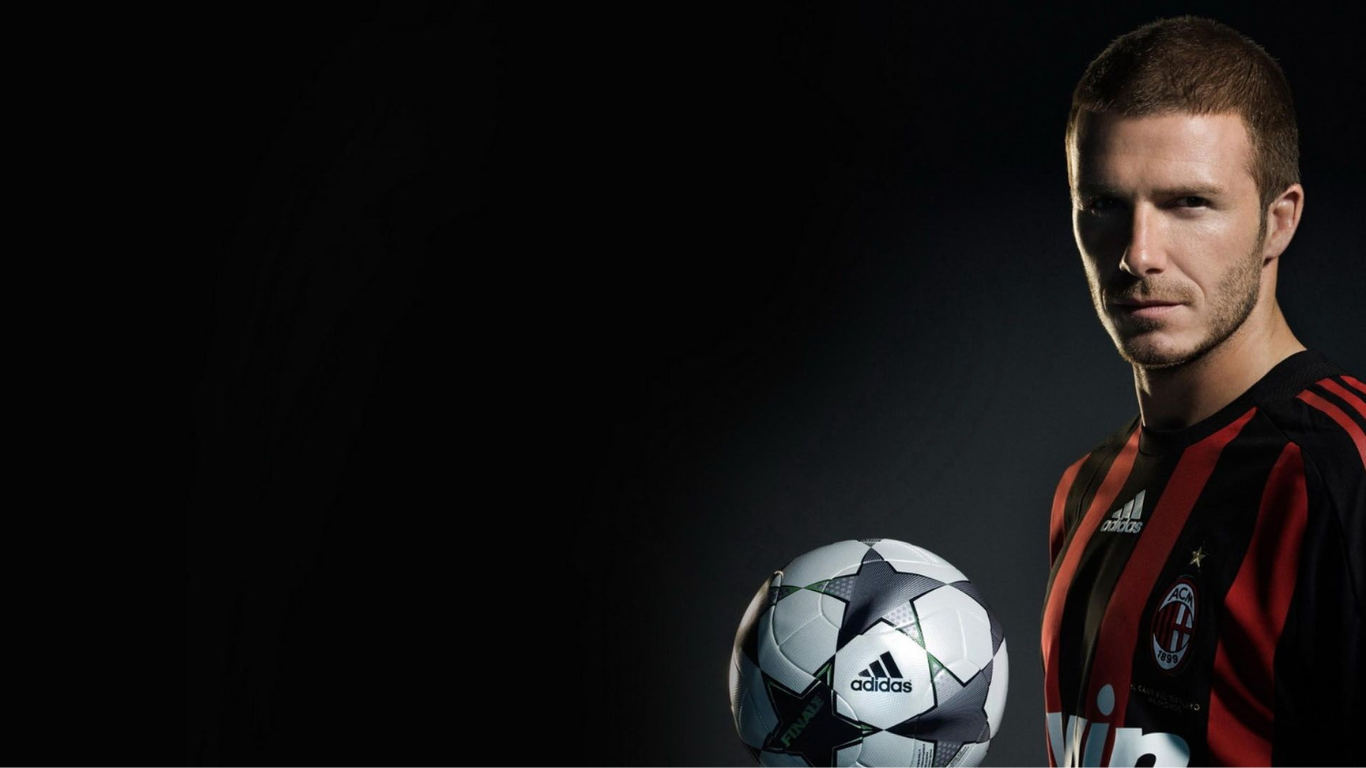David Beckham, a name synonymous with elegance on the football field and a global icon off it, remains a towering figure in the world of sports even long after hanging up his boots. The question of whether he was truly a great footballer is one that sparks fervent debate among fans, analysts, and historians alike. To delve into this inquiry is to explore not just his statistics and accolades but also the impact he had on the sport and popular culture.
On the pitch, Beckham’s career was illustrious. His journey began at Manchester United, where he quickly rose through the ranks to become a pivotal player under the guidance of Sir Alex Ferguson. His ability to deliver precise crosses and lethal set-pieces became legendary, earning him the reputation as one of the finest dead-ball specialists of his generation. His contributions were instrumental in United’s dominance both domestically and in Europe during the late 1990s and early 2000s, including the historic treble-winning season of 1998-1999.
Beckham’s prowess was not limited to his club career. As a key member of the England national team, he amassed over a hundred caps and played in three World Cup tournaments. His performances, particularly in qualifying matches and crucial tournaments, often defined England’s fortunes on the international stage. His famous free-kick against Greece in 2001, which secured England’s place in the World Cup, remains etched in footballing folklore.
Beyond statistics, Beckham’s influence extended far beyond the confines of the pitch. His impact on football’s global popularity cannot be overstated. Beckham’s move to Real Madrid in 2003 was not merely a transfer but a seismic event that further elevated his status as a cultural phenomenon. His time in Spain, alongside Galácticos like Zidane and Ronaldo, showcased his adaptability and skill at the highest level of the game.
Off the field, Beckham became a brand unto himself. His marriage to Victoria Beckham, his fashion choices, and his philanthropic efforts catapulted him into the realm of celebrity rarely achieved by athletes. He seamlessly transitioned from footballer to businessman, with successful ventures in fashion, media, and team ownership, including his influential role in bringing Major League Soccer to Miami.
Critics might point to moments of controversy or periods of inconsistency in his playing career. However, Beckham’s enduring legacy lies in his ability to transcend the sport, becoming a global ambassador for football and a role model for aspiring athletes worldwide. His work ethic, dedication, and passion for the game continue to inspire generations of footballers.
In conclusion, David Beckham was not just a great footballer; he was an emblematic figure who helped redefine the role of athletes in contemporary society. His contributions to football, both on and off the pitch, have left an indelible mark on the sport’s history. Whether you remember him for his bending free-kicks, his leadership on the field, or his impact on popular culture, Beckham’s influence remains unmatched and his status as a footballing great firmly secured.
As we reflect on his career, it becomes evident that David Beckham’s journey transcends the boundaries of sport, embodying the true essence of a global icon.







Leave A Comment